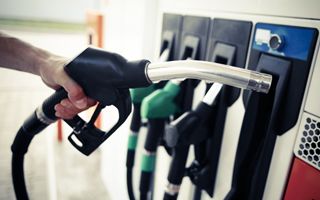(Finance) – “Currently the total tax burden (excise duty + VAT) on petrol is 1.041 euros/litre (of which 0.313 VAT) equal to 60% of the consumer price, while on diesel it is 0.909 euros/litre (of which 0.292 VAT) equal to 56%. A level of taxation which in the case of diesel is the highest among the 27 European countries”. Unem recalled this in a note, underlining and commenting on the hypothesis being studied by the Government which would like to introduce a principle of alignment from the rates tax which takes into account the recommendations of the European Commission regarding harmful environmental subsidies (SAD)” which, according to the MEF, “will not result in the simple increase of excise duties on diesel”.
According to the latest “Catalog of SADs and SAFs”, published in 2022 by Mase, the various subsidies introduced to support particular professional categories, such as farmers or road hauliers, are considered SAF, as well as the difference in tax treatment between petrol and diesel (approximately 3.4 billion euros). “In the extreme case in which the alignment of the current rates resulted in the equalization of the excise duty on diesel to that of gasthe effect would be an immediate increase in consumer prices of diesel by 13.5 euro cents per litre, including the VAT component (equal to 22% of the industrial price plus excise duties)”, calculated the association which represents the main companies operating in Italy in the sectors of refining, logistics and distribution of petroleum products.
“An increase – he added – which would translate into a greater outlay for them families estimated at almost 2 billion eurosor around 70 euros per year for the 26 million families. The increase in diesel would also have an effect on the transport of goods and passengers by vehicles that do not benefit from the excise tax concessions currently foreseen (heavy vehicles under 7.5 tonnes and heavy vehicles before Euro V)”.
“In this context – concluded Unem – it is hoped that the Government’s intervention will be comprehensive and review the taxation of all energy products based on their carbon footprint, in line with the revision of the Energy Directive taxation energy underway at European level, also intervening on the taxation of renewable products, such as biofuels also valued in the recent update of the PNIEC, today still subject to the same excise duty as the fossil products (petrol and diesel) that they replace”.
(Photo: bizoon | 123RF)
